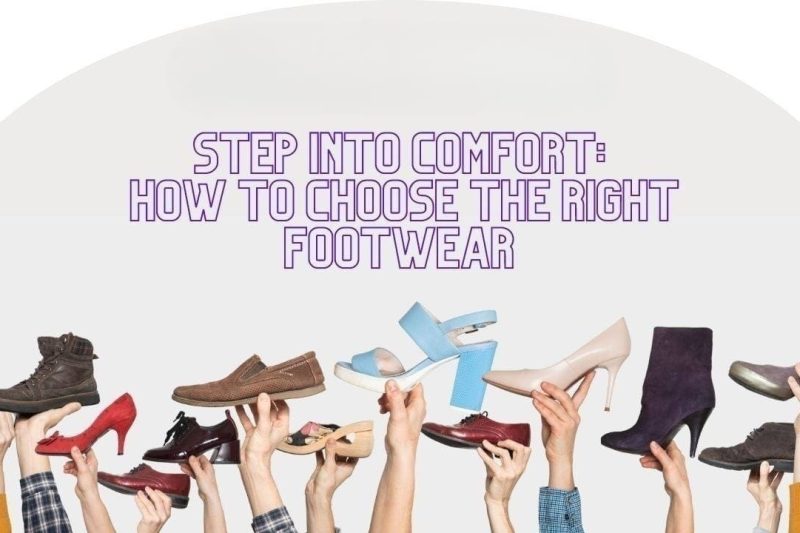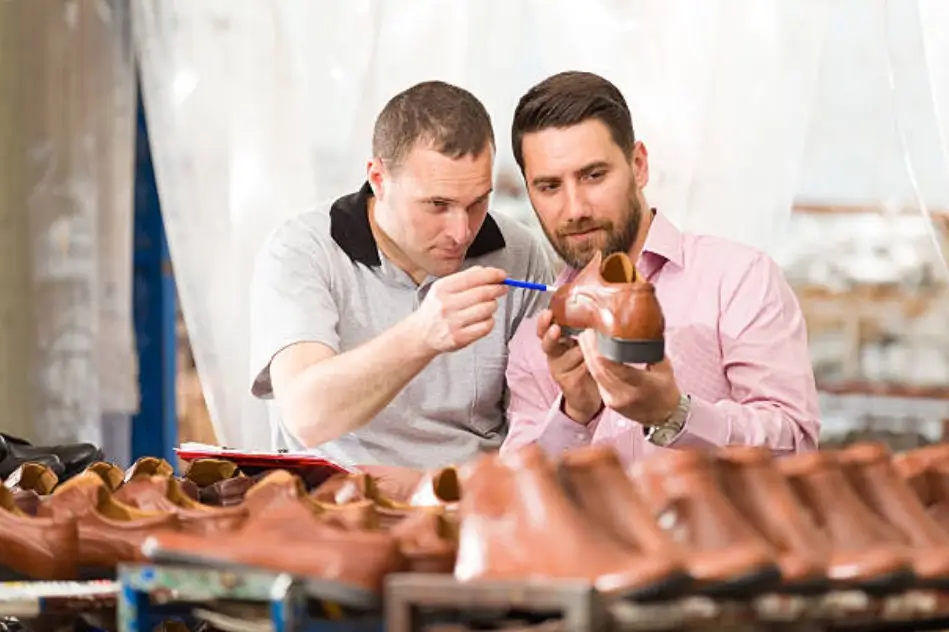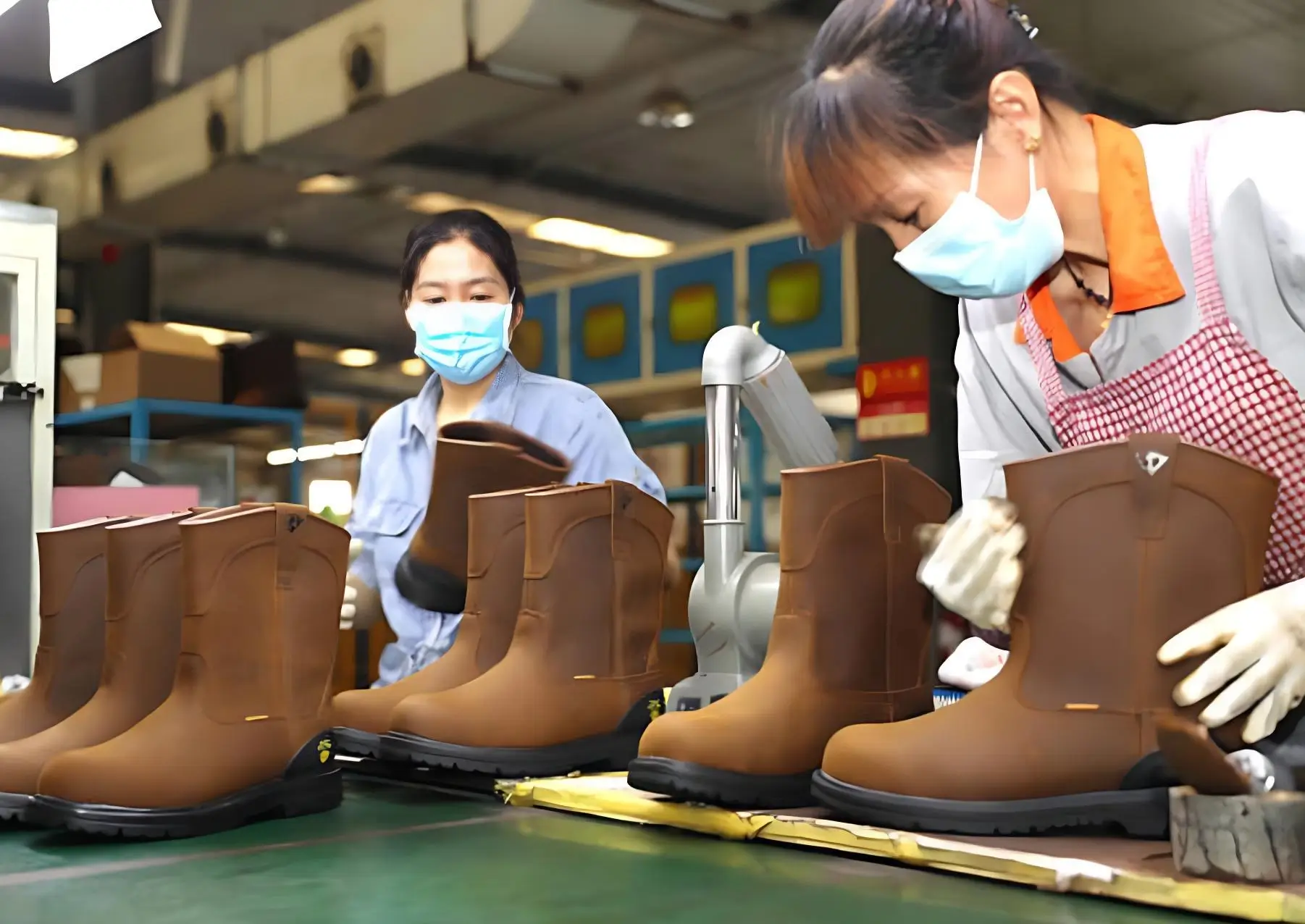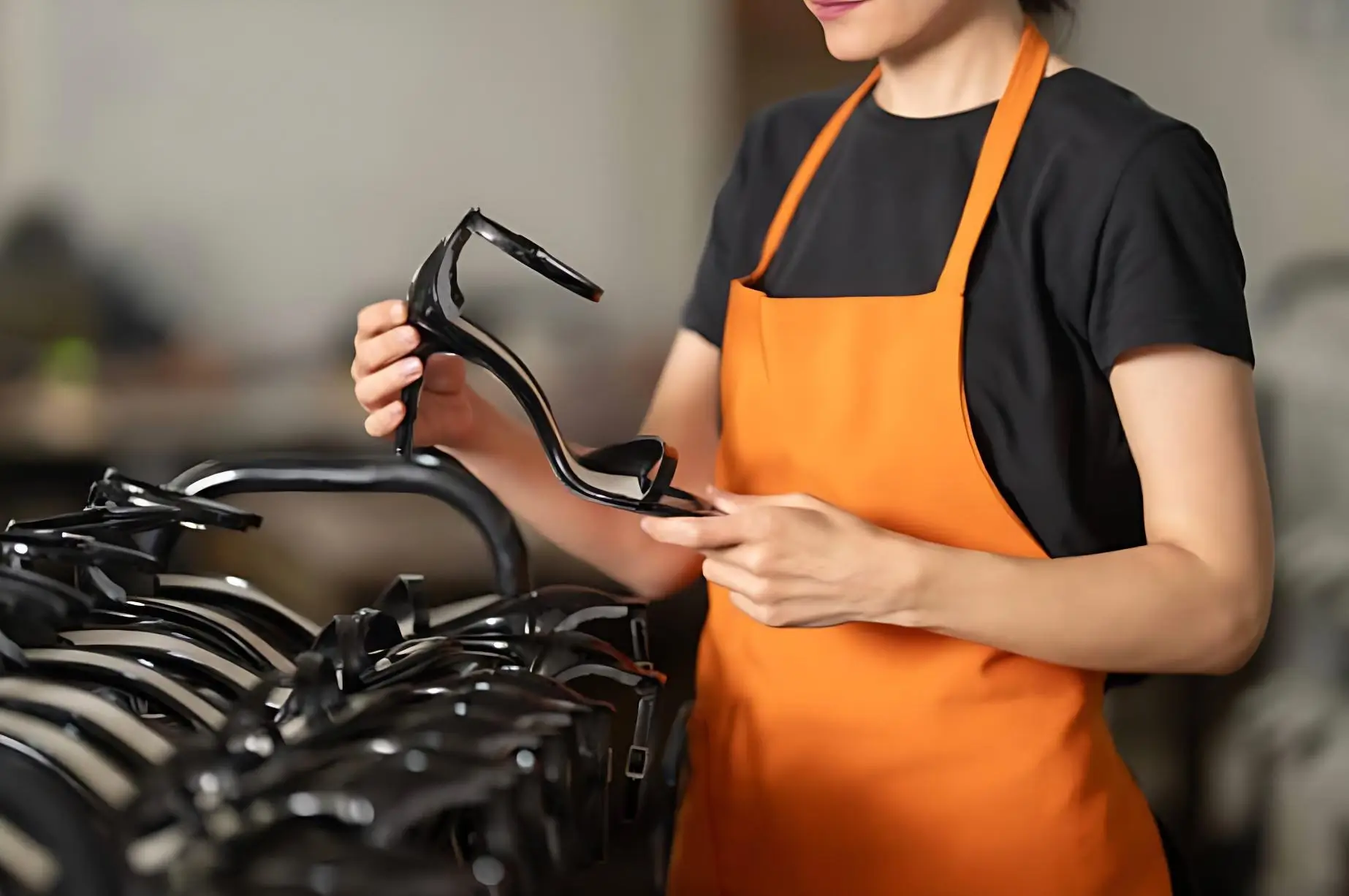As a brand owner or a wholesale buyer, you know that your choice of footwear manufacturer is one of the most critical decisions you will make. It’s a decision that goes far beyond just finding a supplier; it’s about finding a partner who can truly elevate your brand. The right partner can help you build a reputation for quality, command a higher price point, and earn the loyalty of your customers. The wrong one can lead to quality issues, damaged brand reputation, and lost profits.
I’ve been in the shoe manufacturing business for over 15 years, and I’ve seen firsthand how a strategic approach to choosing a manufacturing partner can be a game-changer for a brand. In this comprehensive buyer’s guide, I’ll break down the entire process of choosing a footwear manufacturer, from evaluating capabilities to assessing communication and ethical standards. This is your playbook for building a more resilient, valuable, and profitable footwear business.
The Foundation of Success: Understanding Your Business Needs
Before you can find the right footwear manufacturer, you first need to have a crystal clear understanding of your own business needs. This is the foundation upon which your entire sourcing strategy will be built.
Define Your Product: Athletic, Casual, or Formal?
The type of shoe you want to produce will be the most important factor in determining the type of manufacturer you need. The footwear industry is highly specialized. A factory that is an expert in making high-end, Goodyear-welted leather boots will likely not have the right equipment, materials, or expertise for technical athletic sneakers.
Athletic Shoes: Require a manufacturer with experience in performance materials, complex sole constructions, and modern bonding techniques.
Casual Shoes: Require a manufacturer who can work with a wide range of materials (from canvas to synthetic leather) and can produce high volumes with consistent quality.
Formal Shoes: Require a manufacturer with deep expertise in traditional craftsmanship, premium leathers, and classic construction methods.
Identify Your Target Market and Price Point
Who are you making these shoes for? Are you targeting the luxury market, the affordable mass market, or something in between? Your target market and your desired retail price point will have a huge impact on your choice of manufacturer. A manufacturer who specializes in high-volume, low-cost production for mass-market retailers will have a very different cost structure and quality standard than a factory that produces small batches of high-end, artisanal footwear.
Plan Your Production Volume: Short-term and Long-term
You need to have a clear idea of your expected order volumes, both for your initial launch and for your future growth. When you are talking to a potential manufacturer, you need to ask them about their production capacity. Can they handle your current needs? And, just as importantly, do they have the capacity to grow with you? A good manufacturer should be a long-term partner who can scale their production as your brand grows.
The Art of the Search: Finding the Right Manufacturing Partner
Once you have a clear understanding of your own needs, it’s time to start the search for the right footwear manufacturer.
Research: Where to Find Potential Manufacturers
Online Directories: Websites like Alibaba, Global Sources, and ThomasNet can be a good starting point for your research. They allow you to filter manufacturers by location, product type, and other criteria.
Industry Trade Shows: This is, in my opinion, the best way to find a reliable partner. Events like the MICAM shoe fair in Milan, the Canton Fair in Guangzhou, or other sourcing fairs in China give you the chance to meet manufacturers in person, see their products firsthand, and build a real relationship.
Referrals: Don’t underestimate the power of your own network. Ask other brand owners or industry contacts for recommendations. A trusted referral is often the best way to find a high-quality partner.
Evaluate: Key Capabilities to Look for
Once you have a shortlist of potential manufacturers, you need to do a deep dive into their capabilities.
Production Capacity: As mentioned before, you need to make sure they can handle your production volumes.
Quality Control Systems: This is a non-negotiable. You must ask a potential manufacturer about their quality control process. Do they have a multi-stage inspection process? Do they inspect the raw materials? Do they have a final inspection for every pair of shoes? A great manufacturer will be proud to show you their QC system.
Technical Expertise: Do they have experience in making your specific type of shoe? Ask to see case studies or examples of similar products they have made for other brands.
Communicate: Assessing Responsiveness and Understanding
Communication is key, especially when you are working with an overseas footwear manufacturer.
Responsiveness: How quickly do they respond to your initial inquiry? A slow response at the beginning is a major red flag.
Clarity: Is their communication clear and professional? Do they seem to understand your questions and your brand’s vision?
Language: If you are working with a manufacturer in a non-English speaking country, do they have a sales and support team that is fluent in English?
Verify: The Importance of Product Samples and Factory Visits
Always Get a Sample: Never, ever commit to a large production order without first getting a physical sample. This is your chance to check the quality of the materials, the craftsmanship, the fit, and the finish.
Visit the Factory (If Possible): If you have the time and the budget, a factory visit is a fantastic way to build trust and to see their operations firsthand.
How JINHUA Can Help: At JINHUA, we pride ourselves on our clear and responsive communication. We have a dedicated team of English-speaking account managers who will work with you as a consultant and a partner throughout the entire process.
The Final Steps: Nailing the Deal and Building a Long-Term Relationship
Once you have found a footwear manufacturer that you are confident in, it’s time to finalize the deal and to lay the foundation for a successful long-term partnership.
The Contract: Protecting Your Business
You must have a solid, detailed contract in place. This document should cover all aspects of your agreement, including:
Production timelines
Quality control standards
Pricing and payment terms
Intellectual property rights
The Payment Terms: Finding a Fair Balance
The standard payment term in the industry is a 30% deposit to start production, with the final 70% paid after the goods have passed a final inspection, but before they are shipped. This is a fair arrangement that protects both the brand and the manufacturer.
The Partnership: Regular Reviews and Open Communication
Your first order is just the beginning. The most successful relationships are built on a foundation of regular, open communication. You should have regular check-ins with your manufacturer to discuss current production, upcoming orders, and any challenges or opportunities that may arise.
JINHUA in Action: A Case Study in Brand Elevation
Let me give you a real-world example of how choosing the right footwear manufacturer can elevate a brand.
The Challenge: A US-based startup brand was struggling with their previous supplier. They had a great design for a line of men’s boots, but their supplier was delivering inconsistent quality and was often late on shipments. Their customer reviews were suffering, and their brand reputation was at risk.
The Solution: They partnered with us at JINHUA. We worked with them to re-engineer their product. We helped them upgrade their materials to a beautiful, high-quality, full-grain leather. We also switched their construction method to a durable Goodyear welt.
The Result: The new, higher-quality version of their boot was a huge hit. They were able to increase their average retail price by 30%. Their customer reviews improved dramatically, with an average rating of 4.9 stars. And most importantly, they built a reputation for quality and craftsmanship that has become the foundation of their brand.
This is what a true partnership looks like.
Frequently Asked Questions
1. How does my choice of manufacturer affect my brand’s reputation?
Your choice of footwear manufacturer has a direct and massive impact on your brand’s reputation. A great manufacturer will deliver a high-quality, consistent product that will earn you rave reviews from your customers. A poor manufacturer will deliver a product that can lead to customer complaints, bad reviews, and long-term damage to your brand.
2. What is the most common mistake brands make when choosing a footwear manufacturer?
The most common mistake is choosing a manufacturer based solely on the lowest price. A cheap price is often a sign of poor quality materials, a less durable construction method, or a lack of rigorous quality control. This will end up costing you more in the long run.
3. How can I verify a manufacturer’s claims about their quality?
The best way is to get a physical sample of their product. You should also ask for a detailed breakdown of their quality control process and ask if they have any international certifications, like ISO 9001 or a BSCI audit.
4. Does a more expensive manufacturer always mean a better product?
Not necessarily. A more expensive manufacturer should mean a better product. They should be using higher quality materials and more durable construction methods. A great footwear manufacturer will be transparent about why their product costs what it costs and what value you are getting for that price.
Final Takeaways: Your Action Plan to Elevate Your Brand
As we’ve explored, choosing a footwear manufacturer is a critical decision that will have a huge impact on your brand. Success comes from focusing on value, not just price, and finding a true partner who is as committed to your brand’s success as you are.
Focus on Value: A cheap shoe can be very expensive for your brand in the long run.
Do Your Homework: Thoroughly research and vet any potential partner.
Look for a True Partner: You need a manufacturer who is a consultant and a problem-solver.
At Jinhua Shoes, we are that partner. Since 2004, from our home in Wenzhou, China’s shoe capital, we’ve been the trusted OEM & ODM engine behind leading brands across five continents. We combine our passion for the process with a proven track record of helping brands like yours elevate their quality and their value.
If you’re ready to build a collection of premium footwear that will elevate your brand, my team and I are here to help.
Got a project in mind? Let’s turn it into reality. Send your project details to our expert team by email to start the conversation.
📧 Email: sales@jinhuashoes.com
(You’ll get personalized expert feedback within 12 hours.)



